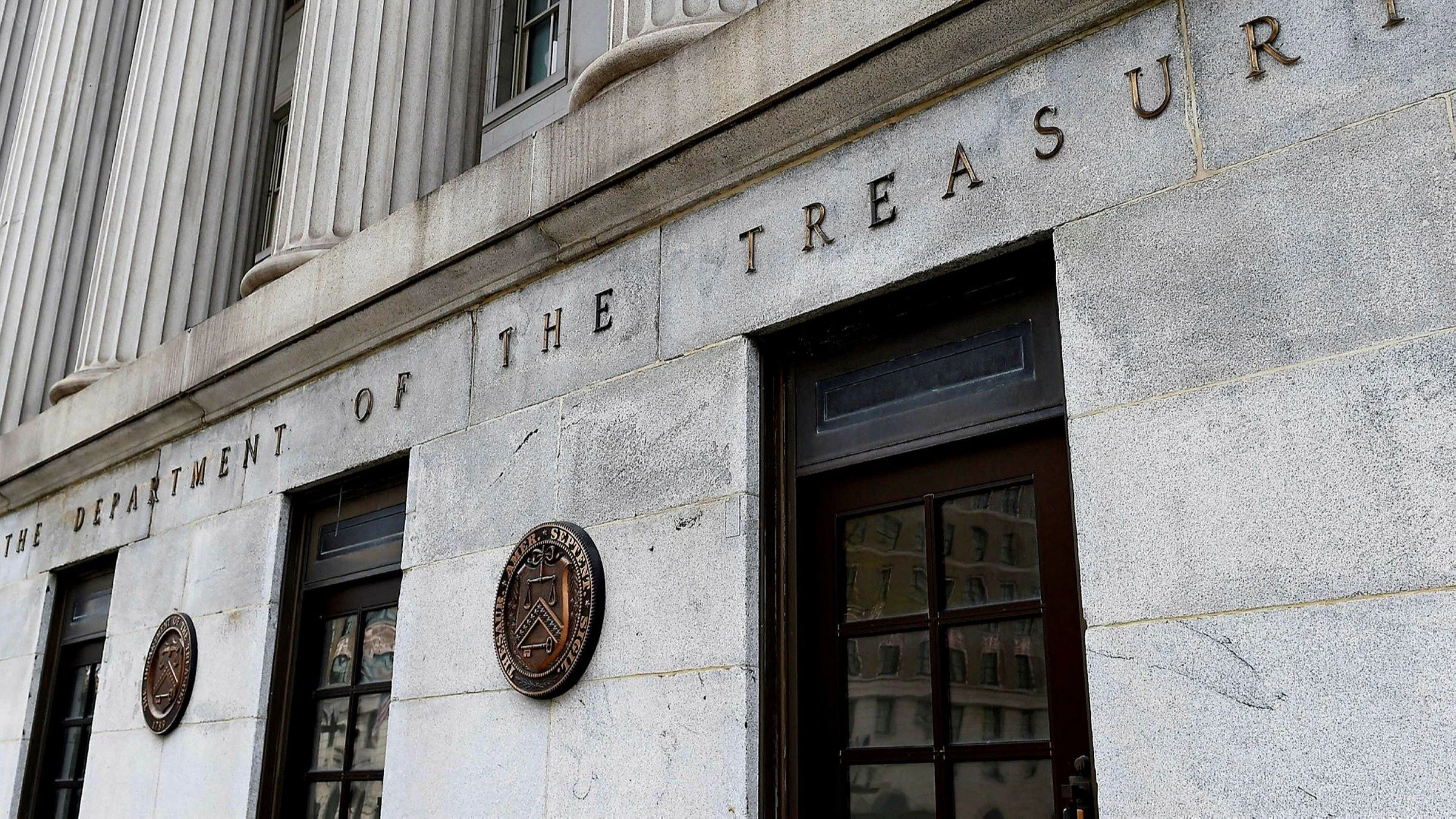The Impact of Lower Inflation on Forex

In the Forex market, inflation is a key factor influencing currency exchange rates. A low inflation rate has a complex impact, altering currency dynamics, investment strategies, and central bank actions. It’s essential for market participants to understand how this process affects the macroeconomic environment, interest rates, and global capital flows in order to adapt successfully to changing market conditions.
In this context, monitoring central bank decisions, analyzing global economic trends, and considering shifts in currency pair correlations become crucial for successful trading. The ability to respond swiftly to these changes and adjust strategies accordingly can be fundamental to achieving consistent profits.
A lower level of inflation may prompt changes in central bank policies. Therefore, paying careful attention to interest rate decisions is important, as adjustments may signal a need to modify trading strategies. For instance, if a decrease is anticipated, it could indicate an opportunity to sell a currency.
Moreover, this situation may signify stabilization in the economy of an emerging nation, potentially boosting confidence among international investors. This increased confidence can lead to a rise in foreign investment inflows, thereby supporting the national currency’s value.
During periods of low inflation and potential economic downturns, traders might shift their focus to currencies from countries with more stable economies and robust financial metrics. This could include assets such as the Swiss franc, Japanese yen, or US dollar.
The advancement of technology can also contribute to reduced production costs, which may lead to lowered inflation. This scenario has a mixed impact on currency values. On one hand, countries that actively adopt new technologies may gain competitive advantages, strengthening their currencies. On the other hand, nations lagging in technological development could encounter economic struggles and a weakening currency.
In an environment of low inflation and uncertainty, market participants may consider investing in assets traditionally deemed safe, such as gold or government bonds. This shift can also influence the currency market, as demand for specific currencies may fluctuate based on investor preferences.
Overall, low inflation significantly affects the Forex market, influencing central bank strategies, currency rates, and global economic flows. Traders need to closely monitor inflation levels and their implications for currencies to adapt their trading strategies in a timely manner.
As traders navigate low inflation scenarios, it’s important to consider both short- and long-term factors—including interest rates, economic stability, technological trends, and global demand. A comprehensive approach to analyzing economic data and market conditions will better equip traders to maneuver through the currency market and capitalize on prevailing circumstances.